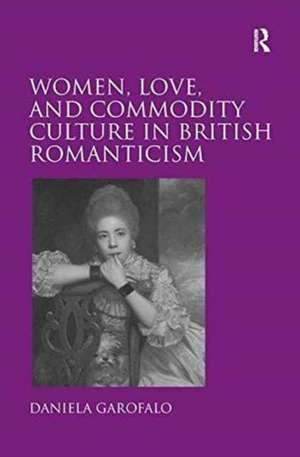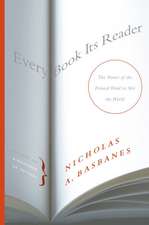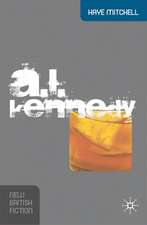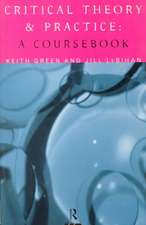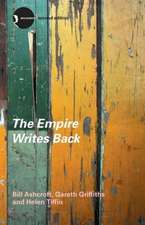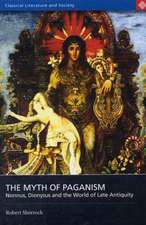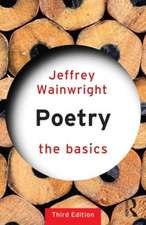Women, Love, and Commodity Culture in British Romanticism
Autor Daniela Garofaloen Limba Engleză Paperback – 17 noi 2016
| Toate formatele și edițiile | Preț | Express |
|---|---|---|
| Paperback (1) | 469.34 lei 6-8 săpt. | |
| Taylor & Francis – 17 noi 2016 | 469.34 lei 6-8 săpt. | |
| Hardback (1) | 1054.58 lei 6-8 săpt. | |
| Taylor & Francis – 28 apr 2012 | 1054.58 lei 6-8 săpt. |
Preț: 469.34 lei
Nou
Puncte Express: 704
Preț estimativ în valută:
89.82€ • 97.53$ • 75.45£
89.82€ • 97.53$ • 75.45£
Carte tipărită la comandă
Livrare economică 22 aprilie-06 mai
Preluare comenzi: 021 569.72.76
Specificații
ISBN-13: 9781138279476
ISBN-10: 1138279471
Pagini: 192
Dimensiuni: 156 x 234 mm
Greutate: 0.45 kg
Ediția:1
Editura: Taylor & Francis
Colecția Routledge
Locul publicării:Oxford, United Kingdom
ISBN-10: 1138279471
Pagini: 192
Dimensiuni: 156 x 234 mm
Greutate: 0.45 kg
Ediția:1
Editura: Taylor & Francis
Colecția Routledge
Locul publicării:Oxford, United Kingdom
Cuprins
Contents: The unfair sex; 'The stock of love': unending desire in women's periodicals and in Letitia Landon's Improvisatrice; 'Take thy bliss'; surplus enjoyment and Oothoon's joy in Blake's Visions of the Daughters of Albion; Beyond Platonism: Byron's Don Juan and the critique of political economy; 'Give me that voice again... those looks immortal': gaze and voice in Keats's The Eve of St Agnes; Impossible things: Scott's Ivanhoe and the limits of exchange; Impossible love and commodity culture in Emily Brontë's Wuthering Heights; Works cited; Index.
Notă biografică
Daniela Garofalo is Associate Professor of English at the University of Oklahoma, USA. She is the author of Manly Leaders in Nineteenth-Century British Literature (2008).
Recenzii
'... in highlighting Romantic literature that both unites and decouples desire and consumer culture, Garofalo offers innovative readings that reimagine Romanticism in its engagement with the modern world, particularly its depiction of the feminine.' Keats-Shelley Journal
Descriere
Offering a new understanding of canonical Romanticism, Garofalo argues that Romantic writers critiqued the idea that erotic love enabled one to transcend political and economic realities. William Blake, Lord Byron, Sir Walter Scott, John Keats and Emily Brontë engaged with the period's concern with political economy and the nature of desire, challenging stereotypical representations of women consumers and conceiving of women's desire as a force for radical change.
